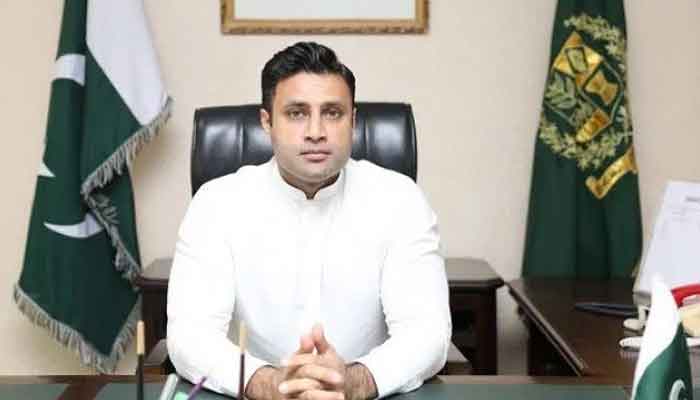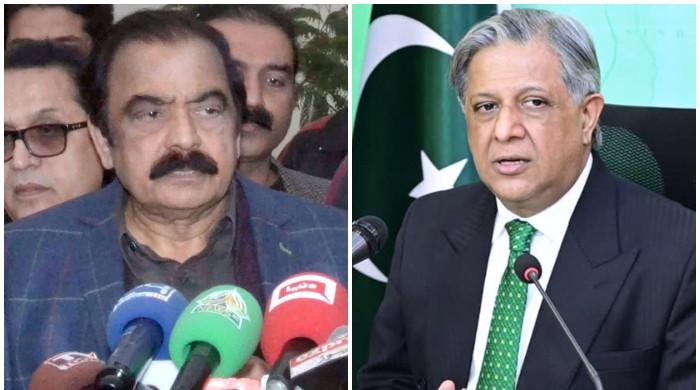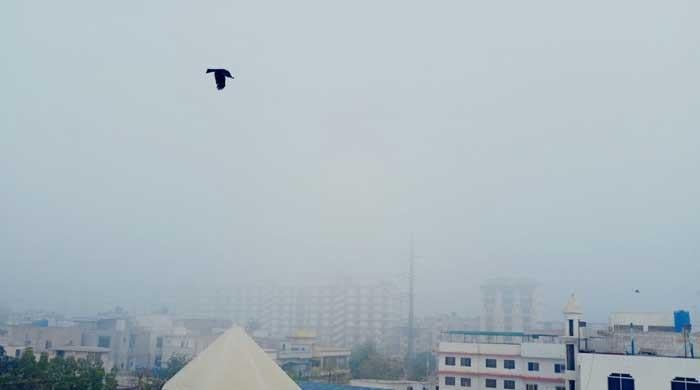Pakistan averted worst hunger crisis due to PM Imran’s compassionate leadership: Zulfi Bukhari
Zulfikar Bukhari calls Oxfam report on global hunger a vindication of PM Imran’s anti-lockdown stance
July 10, 2020

Special Assistant to PM for Overseas Pakistanis Sayed Zulfikar Bukhari said that due to the “compassionate leadership” of Prime Minister Imran Khan Pakistan averted the worst hunger crisis due to the coronavirus lockdown.
The SAPM said this on Twitter while referring to an Oxfam study, which identified the emerging hunger hotspots in the wake of the pandemic.
Calling the report a vindication of PM Imran’s anti-lockdown stance, Bukhari said that the premier since day one had shown the resolve to save the people from hunger and the virus.
The minister's remarks came after the Oxfam International report did not mention Pakistan among the most vulnerable countries.
PM Imran has on multiple occasions stated that he was not in favour of a complete lockdown as it badly affected the poor and labour segments of the society.
Later, the government adopted the ‘smart lockdown’ strategy to maintain a balance between life and livelihood.
The Oxfam report
The report by the organisation fighting poverty said that the pandemic is exacerbating the global hunger crisis and creating new epicentres around the world.
“By the end of the year 12,000 people per day could die from hunger linked to COVID-19, potentially more than will die from the disease itself,” warned the Oxfam report.
The report also identified the top 10 countries, which can be worst-hit likely at the end of the year. Naming India, South Africa and Brazil, it said that millions are at the risk of being driven to the edge as a result of the pandemic.
In India, the report added, the travel restrictions have left farmers, migrant labourers etc quite vulnerable at the peak of the harvest season, which is also damaging the food crops.
Indian traders have also been unable to reach tribal communities to get hold of the harvest products “depriving up to 100 million people of their main source of income for the year”.
In war-torn Yemen, the Oxfam said that remittances have dropped by 80% in the first four months of the year due to loss of employment of its nationals in the Gulf. “Borders and supply route closures have led to food shortages and food price spikes in the country which imports 90% of its food.“
Oxfam’s Interim Executive Director Chema Vera called the pandemic ‘last straw for millions of people already struggling with the impacts of conflict, climate change, inequality and a broken food system’.
Vera urged the countries to take action to stop the pandemic in its tracks when it comes to death by hunger.
“Governments can save lives now by fully funding the UN’s COVID-19 appeal, making sure aid gets to those who need it most, and cancelling the debts of developing countries to free up funding for social protection and healthcare. To end this hunger crisis, governments must also build fairer, more robust, and more sustainable food systems, that put the interests of food producers and workers before the profits of big food and agribusiness,” he added.









